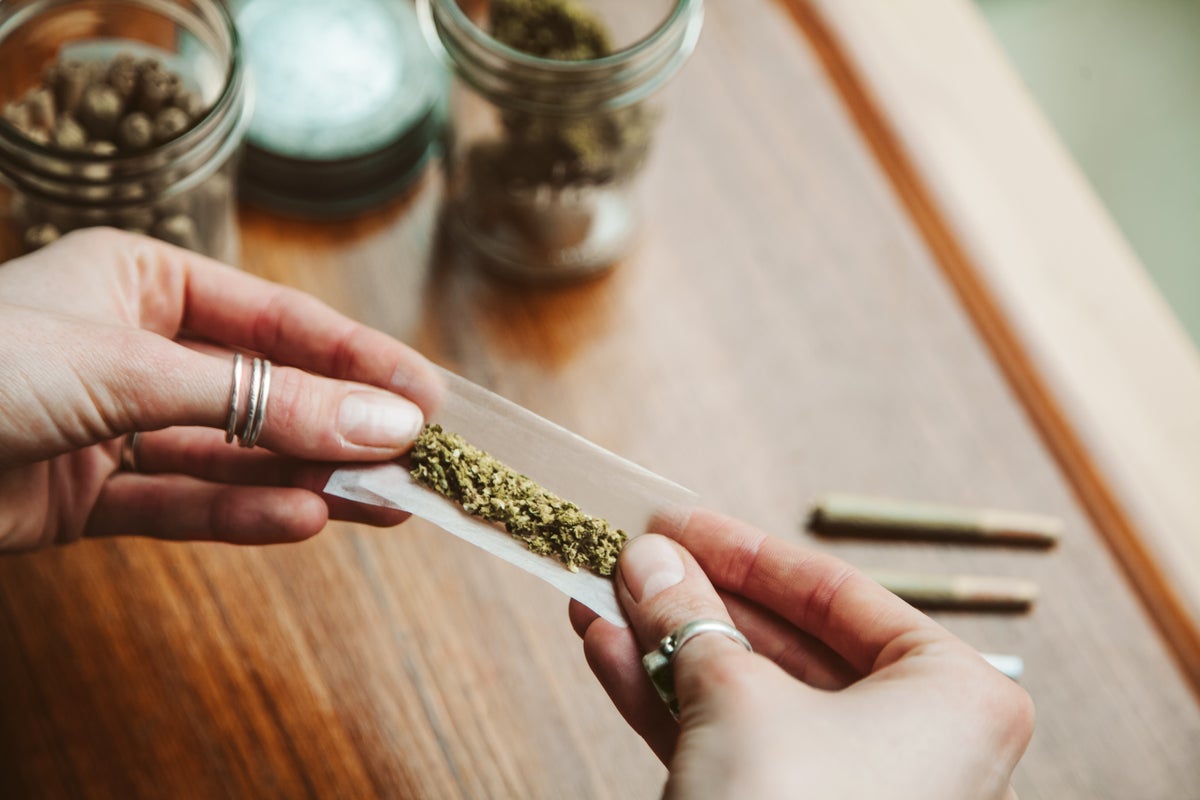Home / Health / Pot Addiction: The Rising Myth Busted
Pot Addiction: The Rising Myth Busted
22 Nov
Summary
- Cannabis addiction, or cannabis use disorder, affects nearly 3 in 10 marijuana users.
- Higher THC potency in cannabis significantly increases addiction risk.
- Treatments like cognitive behavioral therapy and peer support groups exist.

A common myth suggests that marijuana addiction is impossible, yet experts confirm that cannabis use disorder is a growing concern. Affecting approximately 3 in 10 users, this disorder is becoming more prevalent as cannabis potency has drastically increased over the decades. High-THC strains now pose a significant risk, challenging older perceptions of marijuana's effects.
Diagnosing cannabis use disorder involves assessing criteria like increased tolerance, withdrawal symptoms, and significant time spent obtaining or using the substance. The severity ranges from mild to severe based on the number of criteria met within a year. While individual reactions vary, the disorder is defined by its negative impact on a person's functioning and daily life.
Fortunately, effective treatments are available for cannabis use disorder. These include therapeutic approaches like motivational interviewing and cognitive behavioral therapy, alongside support from peer groups such as Marijuana Anonymous. Online communities also offer a valuable platform for shared recovery experiences, emphasizing that seeking help is vital, regardless of marijuana's legal status.



